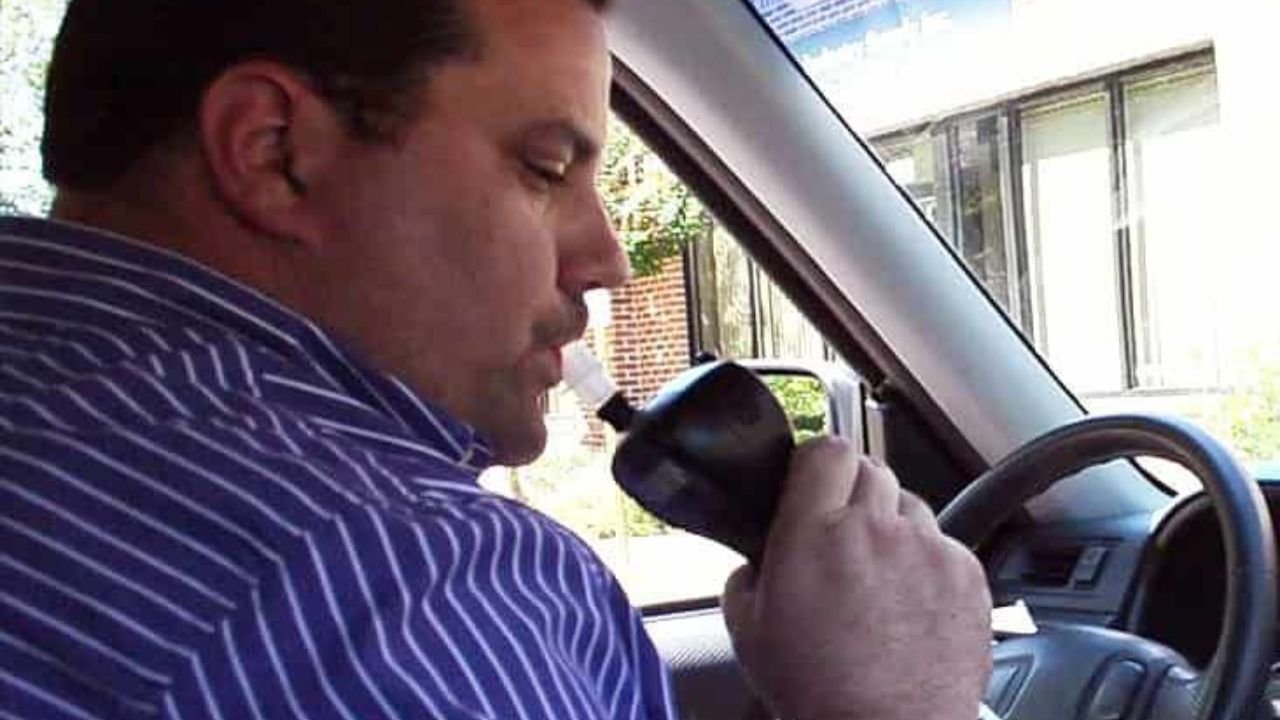North Carolina Expands Ignition Interlock Requirements for DWI Offenders
RALEIGH, N.C. — A new North Carolina law that took effect on July 9, 2025, significantly expands the use of ignition interlock devices (IIDs) for drivers convicted of driving while impaired (DWI). The change, part of Senate Bill 311, was signed into law by Governor Josh Stein and reflects growing efforts to crack down on repeat drunk driving offenses across the state.
The law requires more drivers — including first-time offenders — to install IIDs in order to legally drive again, as highlighted in a recent report by The Sun.
What Senate Bill 311 Actually Changes
The new policy introduces several key updates:
- First-time DWI offenders with a blood alcohol concentration (BAC) of 0.15% or higher must now use an IID for at least one year.
- Drivers with two DWI convictions within seven years must install and use the device for three years.
- Third-time or more repeat offenders are now required to use an IID for seven years, and in cases involving a fatality, may face lifetime ignition lock restrictions.
In addition, even those with a lower BAC or long-ago offenses may be affected if applying for license reinstatement under the updated rules.
Why the Law Was Expanded
The expansion is intended to prevent repeat DWIs by ensuring drivers are sober before they can operate a vehicle. As reported by The Sun, the devices function by requiring a breath sample before the engine will start, and may also include rolling retests during longer drives.
Supporters argue that the longer IID requirements:
- Provide structured monitoring for at-risk drivers
- Reduce repeat offenses by limiting driving access while impaired
- Align North Carolina with other states that have embraced long-term ignition lock enforcement
Who Will Be Affected in 2025
Under this law:
- Any high-BAC first-time offender will face at least 12 months of mandatory IID use.
- Repeat offenders within seven years will face three years of use.
- Those with three or more prior convictions may face seven years or more, depending on case severity.
- Reinstatement applicants — even with old offenses — must comply with IID terms based on current DMV policy.
The law also stipulates monthly compliance checks, and failure to follow IID rules could extend the time required before full license reinstatement.
Costs and Compliance
Offenders are responsible for:
- Installation fees (typically $70–$150)
- Monthly monitoring fees ($50–$100)
- Ensuring data logs and reports are submitted regularly to the North Carolina DMV
Failure to comply — whether due to tampering, missed service appointments, or failed breath tests — can lead to penalty extensions or license re-suspension.
Why It Matters for Public Safety
Advocacy groups for impaired driving victims have long pushed for expanded use of IIDs, arguing they reduce crashes and deaths. Lawmakers backing the bill emphasized the need for measurable deterrents, especially for drivers who repeatedly drive under the influence.
North Carolina joins a national trend, with over 30 states now enforcing stricter IID rules for repeat offenders. The move also complements other recent legal reforms around reckless driving, seatbelt enforcement, and teen driver safety.
What Drivers Should Do Now
If you or someone you know is facing DWI charges or seeking license reinstatement:
- Contact an approved IID provider as soon as possible
- Budget for associated costs and monitor your compliance closely
- Keep monthly logs and calibration checks updated to avoid delays
- Understand that non-compliance could result in longer restrictions or denial of reinstatement
Do you think ignition interlock devices help reduce repeat DWIs? Have you or someone in your community experienced the impact of these laws? Tell us how this new rule affects you at SaludaStandard-Sentinel.com — your voice adds depth to the public conversation.







